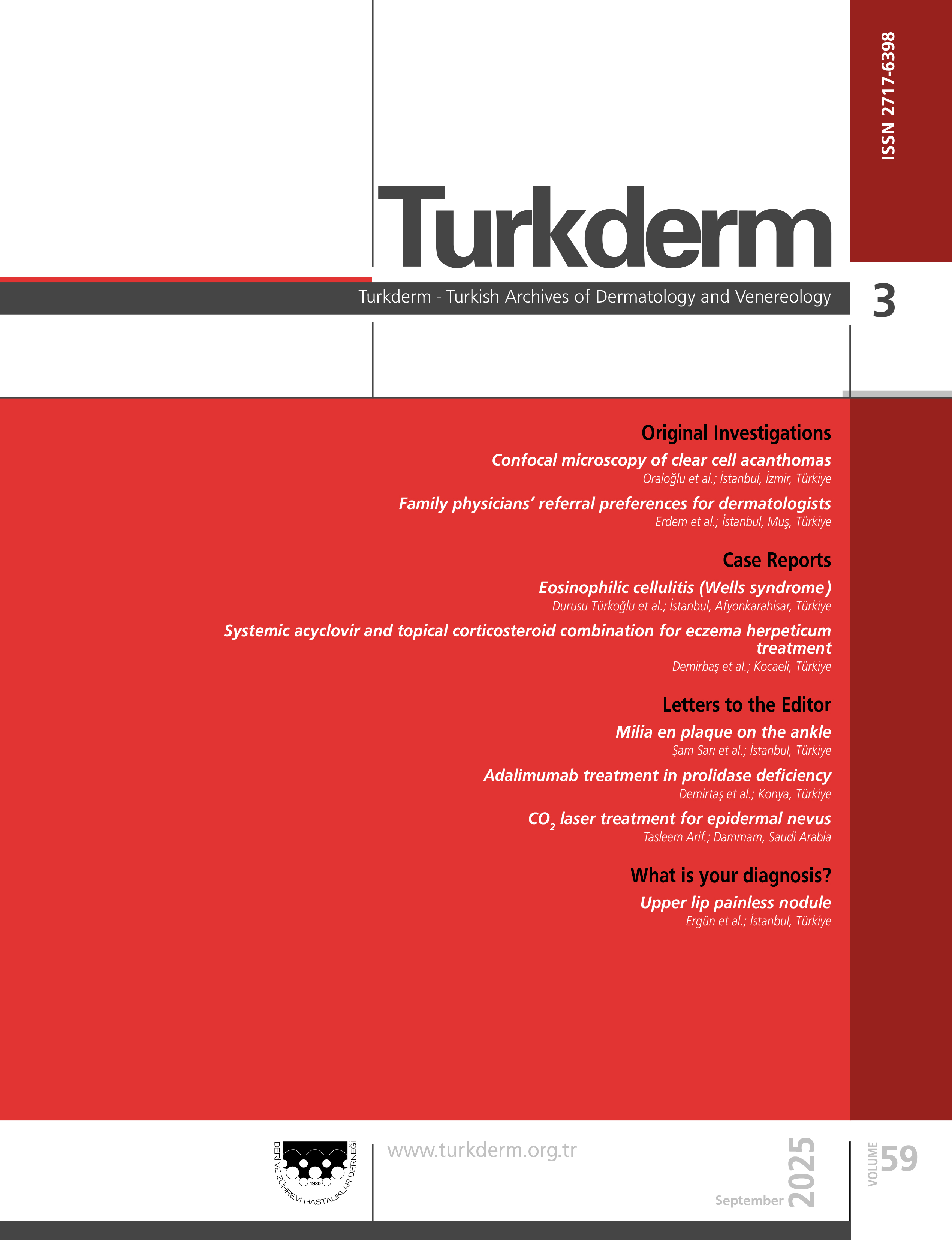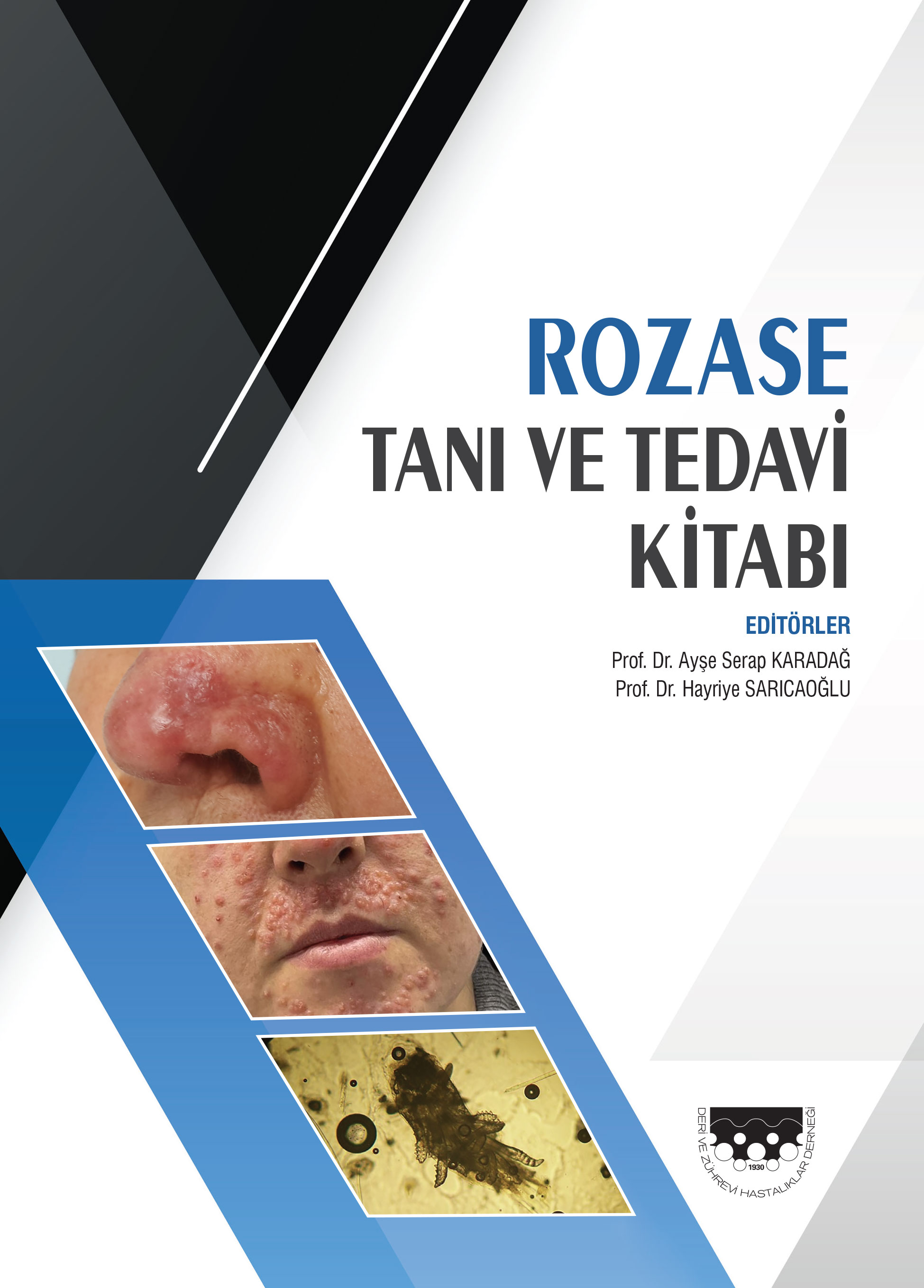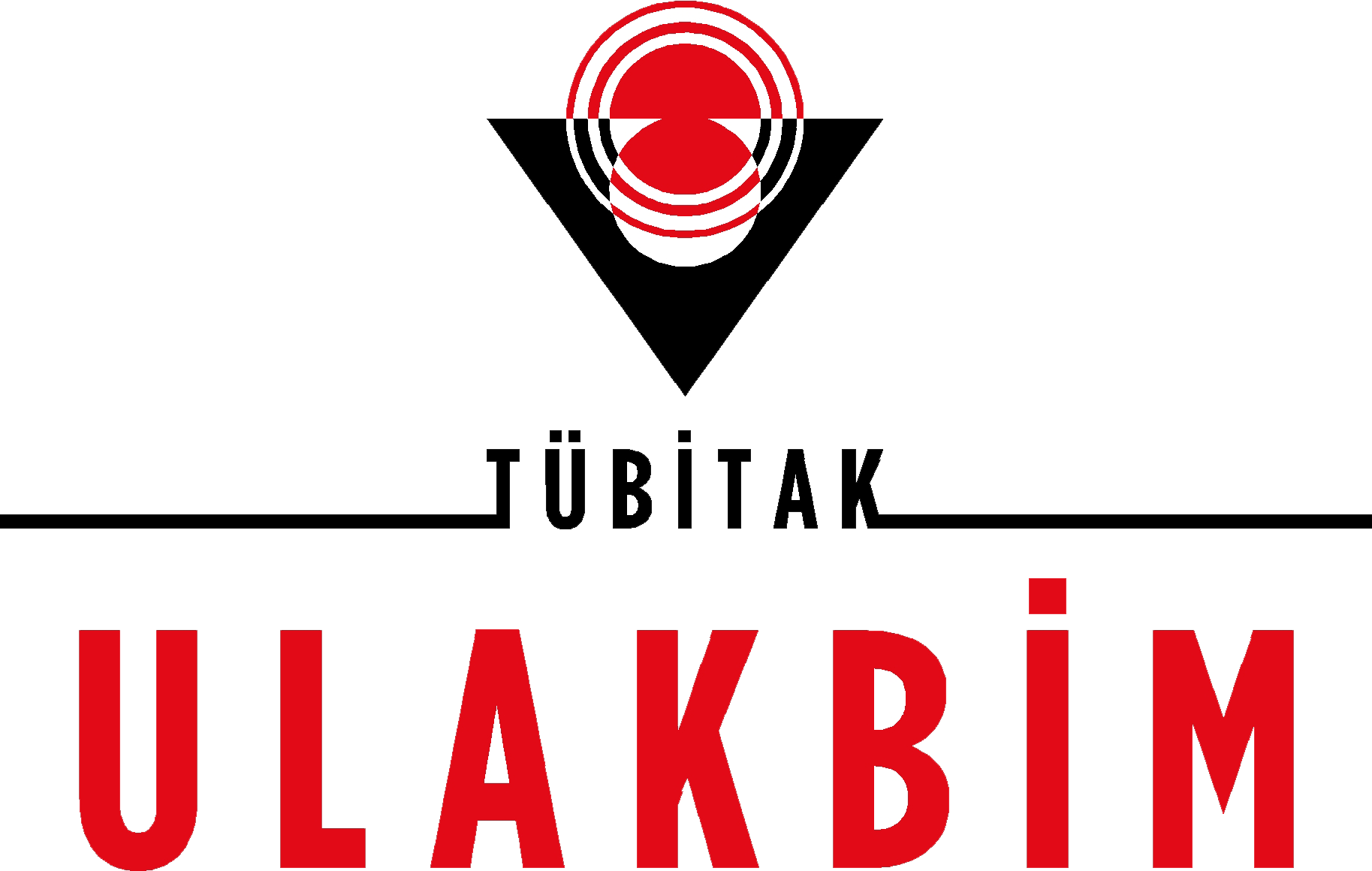The Role of Stress in Alopecia Areata and Comparison of Life Quality of Patients with Androgenetic Alopecia and Healthy Controls
Savaş Yaylı1, Ahmet Tiryaki2, Sibel Doğan1, Baykal İskender2, Sevgi Bahadır11Karadeniz Technical University, School Of Medicine, Department Of Dermatology2Karadeniz Technical University, School Of Medicine, Department Of Psychiatry
Background and Design: Although alopecia areata is not yet clearly shown to be triggered by emotional stress, neuroendocrinologic studies supports that psychological stress may be effective in the disease process. In this study we aimed to show the role of stressful life events in onset and exacerbation of alopecia areata and the levels of anxiety, depression and quality of life by the comparison with the patients with androgenetic alopecia and healthy controls.
Materials and Methods: Thirty-one consecutive patients with alopecia areata (13 females, 18 males, mean age 28.1±8.9) were included in this study. Forty-six patients with androgenetic alopecia (24 females, 22 males, mean age 28.2±7.4) and 45 healthy individuals (25 females, 20 males, mean age 25.4±4.4) was created as the two control groups. The patients and the control groups completed the tests including life events scale, Beck depression inventory, Beck anxiety inventory and Skindex-29 scales.
Results: Total scores of the scale of life events in patients with alopecia areata were significantly higher than in healthy controls (p=0.031). There were also significant differences in the sub-units -distress and adaptation- scores of this scale (p=0.028; p=0.036). The scores of Beck depression inventory were significantly higher than control group (p=0.014), however they were identical to the patients with androgenetic alopecia. The scores of Beck anxiety inventory of all three groups showed no significant difference (p=0,207). The quality of life in patients with alopecia areata which is evaluated with Skindex-29 is severely impaired according to the scores of all three sub-units of this test -symptomatic, functional, and emotional- (p=0.001; p<0.0005; p<0.0005).
Conclusion: Stressful life events seems effective at onset or exacerbation of the disease in patients with alopecia areata. There is an increase in depressive symptoms in patients with alopecia areata. Morever, the quality of life of the patients are profoundly affected.
Alopesi Areatada Stresin Rolü ve Hastaların Yaşam Kalitesinin Androgenetik Alopesi ve Sağlıklı Kontrollerle Karşılaştırılması
Savaş Yaylı1, Ahmet Tiryaki2, Sibel Doğan1, Baykal İskender2, Sevgi Bahadır11Karadeniz Teknik Üniversitesi Tıp Fakültesi, Deri Ve Zührevi Hastalıklar Anabilim Dalı, Trabzon, Türkiye2Karadeniz Teknik Üniversitesi Tıp Fakültesi, Psikiyatri Anabilim Dalı, Trabzon, Türkiye
Amaç: Emosyonel stresin alopesi areatayı tetiklediği henüz net olarak gösterilmiş değilse de nöroendokrinolojik çalışmalar psikolojik stresin hastalık sürecinde etkili olabileceğini desteklemektedir. Bu çalışmada alopesi areatanın başlangıcı ve alevlenmesinde stresli yaşam olaylarının rolünü ve alopesi areata hastalarında anksiyete, depresyon ve yaşam kalitesi düzeylerini androgenetik alopesi ve sağlıklı kontrol grubu ile karşılaştırarak ortaya koymayı amaçladık.
Gereç ve Yöntem: Alopesi areata tanısı alan 31 ardışık hasta (13 kadın, 18 erkek, yaş ortalaması 28,1±8,9) bu çalışmaya dahil edildi. Androgenetik alopesi tanısı alan 46 hasta (24 kadın, 22 erkek, yaş ortalaması 28,2±7,4) ve 45 sağlıklı birey (25 kadın 20 erkek, yaş ortalaması 25,4±4,4) iki kontrol grubu olarak oluşturuldu. Hasta ve kontrol grupları yaşam olayları ölçeği, Beck depresyon ölçeği, Beck anksiyete ölçeği ve Skindex-29 ölçeklerini tamamladılar.
Bulgular: Alopesi areata hastalarında yaşam olayları ölçeğinin toplam puanları, sağlıklı kontrollere göre anlamlı oranda yüksek bulundu (p=0,031). Bu ölçeğin distres ve uyum alt birim puanlarında da anlamlı farklılık mevcuttu (p=0,028; p=0,036). Beck depresyon ölçeği puanları, sağlıklı kontrol grubuna göre anlamlı ölçüde yüksek bulunurken (p=0,014) androgenetik alopesi grubundan farksızdı. Beck anksiyete ölçeği puanları ise her üç grupta anlamlı fark göstermedi (p=0,207). Skindex-29 ile değerlendirilen yaşam kalitesi, alopesi areata hastalarında, bu testin semptomatik, fonksiyonel ve emosyonel her üç alt birim puanlarına göre ileri derecede bozulmuştu (p=0,001; p<0,0005; p<0,0005).
Sonuç: Alopesi areata hastalarında stresli yaşam olayları hastalığın başlangıcı veya alevlenmesinde etkili görünmektedir. Alopesi areata hastalarında depresif belirtilerde artış mevcut olup yaşam kalitesi derinden etkilenmektedir.
Manuscript Language: Turkish























